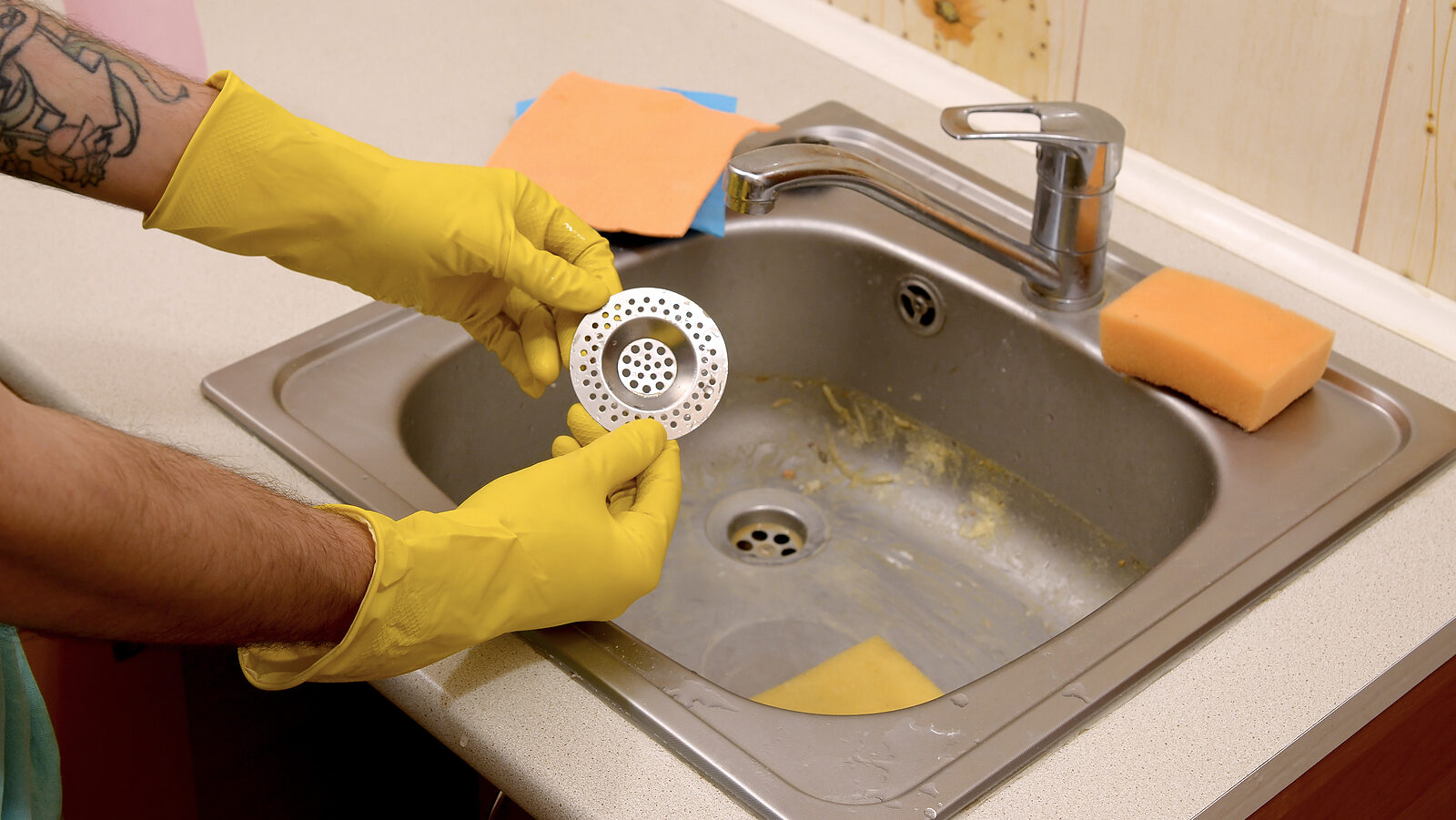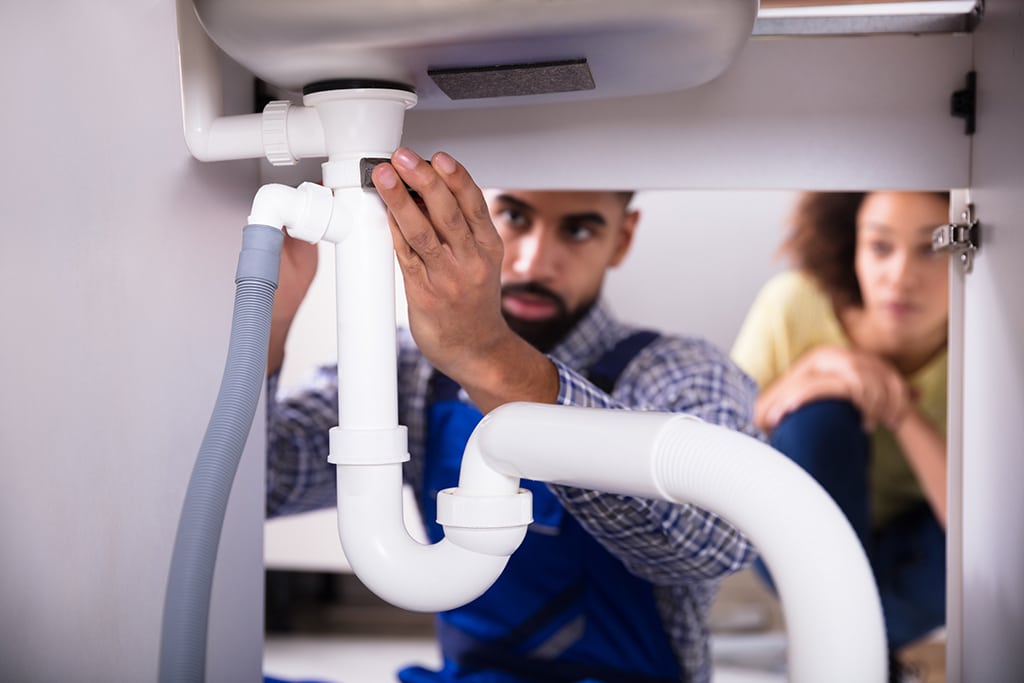Ways to Handle a Blocked Drain Independently Before Engaging Plumbing Professionals
Ways to Handle a Blocked Drain Independently Before Engaging Plumbing Professionals
Blog Article
What are your thoughts and feelings on What I learned from trying to deal with a clogged drain?

Introduction
Managing an obstructed drainpipe can be an irritating experience, interrupting daily activities and possibly causing damages to your building. However, prior to reaching out to plumbing experts, there are actions you can take to resolve the problem on your own. In this guide, we'll explore DIY remedies and preventive measures to deal with a blocked drain successfully.
Identifying the Issue
The first step in addressing an obstructed drainpipe is recognizing the indicators. Sluggish water drainage, gurgling sounds, foul odors rising from drains, or water backing up prevail indications of a blocked drainpipe. Determining these signs early can assist stop further difficulties.
Typical Causes of Obstructed Drains
Comprehending the factors that contribute to drain clogs is necessary for effective resolution. Common wrongdoers include hair, soap scum, grease, food debris, and foreign items like hygienic products or paper towels. Tree origins attacking underground pipes can likewise cause significant obstructions.
DIY Solutions
For small obstructions, several do it yourself solutions can be effective. Pouring boiling thin down the drainpipe can assist dissolve grease and debris. Sodium bicarbonate and vinegar or a combination of salt and baking soft drink can function as natural cleaners. Using a bettor or pipes serpent to remove obstructions is one more option.
Tools and Equipment
Having the right devices on hand can make DIY drainpipe cleaning up much more reliable. A plunger is a functional tool for clearing blockages in sinks, bathrooms, and showers. A plumbing serpent or auger can reach much deeper clogs, while drainpipe cleaning chemicals can be used very carefully for persistent blockages.
Preventive Measures
To avoid future blockages, taking on safety nets is critical. Install drain guards or strainers to capture hair and particles prior to they enter the pipes. Consistently flush drains pipes with hot water to liquify grease accumulation, and avoid throwing away grease or solid waste down the tubes.
When to Call a Specialist
While DIY solutions can fix minor clogs, certain indications show the need for professional aid. Consistent blockages, foul odors regardless of cleansing initiatives, or numerous drains pipes backing up concurrently are red flags that require expert intervention.
Selecting the Right Pipes Solution
When selecting a pipes service, consider aspects such as experience, licensing, and customer evaluations. Choose a reputable plumber with a track record of quality craftsmanship and transparent prices methods.
Expense Factors to consider
The price of professional drainpipe cleaning company can differ relying on the seriousness of the obstruction and the plumbing technician's rates. Request quotes from multiple providers and ask about any type of added fees to make sure transparency and avoid surprises.
Safety Measures
When attempting DIY drain cleaning, focus on security. Use protective handwear covers and eyewear to avoid contact with dangerous chemicals or bacteria. Never ever blend different drain cleansing products, as this can create harmful fumes.
Instance Studies
Real-life instances illustrate the performance of DIY options and the significance of prompt professional treatment in solving drainpipe blockages.
Conclusion
By complying with the tips detailed in this overview, you can properly take on obstructed drains pipes and prevent future plumbing issues. Whether going with do it yourself solutions or seeking expert help, punctual action is essential to keeping a healthy plumbing system and maintaining the stability of your home.
9 Ways You Can Clear a Blocked Drain
Blocked Drains from Hair
We’ve seen it all before, a build-up of hair that’s leads to a clogged drain. Most times it’s a moderately easy task to simply ‘remove the hair’, but if it’s not cleared up straight away – it can cause a lot of issues down the line.
Hair falling off the body in the shower or while getting ready over the sink and in the bathroom is one of the most common causes of blocked sinks and drains. But whilst it’s a common problem for many homeowners, there are ways you can fix your drain and put a long-term solution in place.
How to Fix Blocked Drains from Hair?
What to do: Small amounts of hair can be removed by pulling it out with gloved hands to avoid it getting worse. Drain cleaning devices such as drain spiders can also be purchased to help remove the hair from the drain. However, it’s important to be careful as some devices and cheap hair removal chemicals can make the problem worse.
It’s important to remove the hair before it gets clogged into the entry of the drain pipes. If you’re unable to reach the hair or the devices aren’t working as intended, it’s time to speak to a blocked drain specialist.
Blocked Drains from Plants and Dirt
Natural debris like trees, shrubs, dirt and leaves can be an issue for water drains, especially after spring and autumn. Your regular garden and drain maintenance that keeps the outdoor area looking great is also essential to the productivity of your water drains and pipes.
Leaves aren’t the only culprit, however – tree roots are notorious for growing underneath in search of water and as a result, will usually head straight to your drains.
How to Fix Blocked Drains from Plants and Dirt?
What to do: To prevent plants, leaves and dirt from blocking the drains, keep the outdoor area clear of fallen leaves and debris. If this mess is left long enough, it will cause your drains to become severely blocked.
Keep your trees well-watered so they are less drawn to the drains as a source of moisture and stay away from clogging plants where possible; like willow trees, oak trees, magnolias, boxwood shrubs, palm trees and gum trees.
While ensuring your yard is free from leaves and dirt is a great way to prevent build-up, sometimes the real issues lay under the surface. Tree roots can crack your drain pipes beneath your home – causing severe blockages and leaks. Specialist drain cleaning equipment can be used to clear the blockage and pipe relining technology can provide a long-term structural repair.
Blocked Drains from Grease Build-up
Like hair in the bathroom, grease and fat will build-up in the kitchen sink over time. These fatty substances are a very common cause of blocked drains and pipes and can be a nuisance to clear out.
Any grease waste or fatty substance that is washed down the sink will stick to the inside of the pipes and eventually build up to a point no liquid can pass through. It’s important to be aware that this grease doesn’t leave the pipes as easily as you would expect.
How to Fix Blocked Drains from Grease Build-up?
What to do: Avoid washing these fatty ingredients down the affected drain as much as possible. Grease that’s washed down the drain will cool and harden in the pipes.
A smart way to prevent this build-up of grease is to start collecting all glass jars that you purchase at the supermarket. Then, instead of pouring this oil or kitchen grease down the drain, put it in the small glass or plastic containers to discard with your garbage.
Blocked Drains from Toiletries
As more people get into the habit of disposing of toiletries down the drain, bigger problems are being caused in our pipes and sewers. Nappies and baby wipes are the two common issue items known to block drains after being flushed down the toilet.
Such items become immersed with water, they absorb the moisture and enlarge, quickly blocking access to water drains and pipes.
How to Fix Blocked Drains from Toiletries?
What to do: This way of disposing of toiletries is dreadful for the environment and everyone should be encouraged to dispose of toiletries the right way. In the home, these items should be taken out with your garbage, just as people should make use of the designated bins when using public changing rooms and toilets.
Blocked Drains from Heavy Rain and Storms
Throughout the wet season, drains will experience floods of water because of heavy rainfall. Because drains aren’t really designed to take the full impact of this weather, water build-up can be common in many Perth households.
When there is an overflow of rainwater in gutters and downpipes, there’s a good chance there’s a blocked drain that needs to be cleared out.
How to Fix Blocked Drains from Heavy Rain and Storms?
What to do: Ensure gutters and outdoor drains are cleaned during the wet season to prevent a build-up of leaves which will cause a bigger blockage. Problems caused by heavy rain and storms will usually require a plumber to help unclog and assist with the wastewater removal. If this is the case, contact them as soon as possible to prevent further build-up and potential flooding in your home and yard.

I ran across that write up about Some easy tips to fix blocked drains when doing a search on the web. Sharing is caring. Helping others is fun. Thanks for your time. Kindly come visit our website back soon.
Click Here Report this page